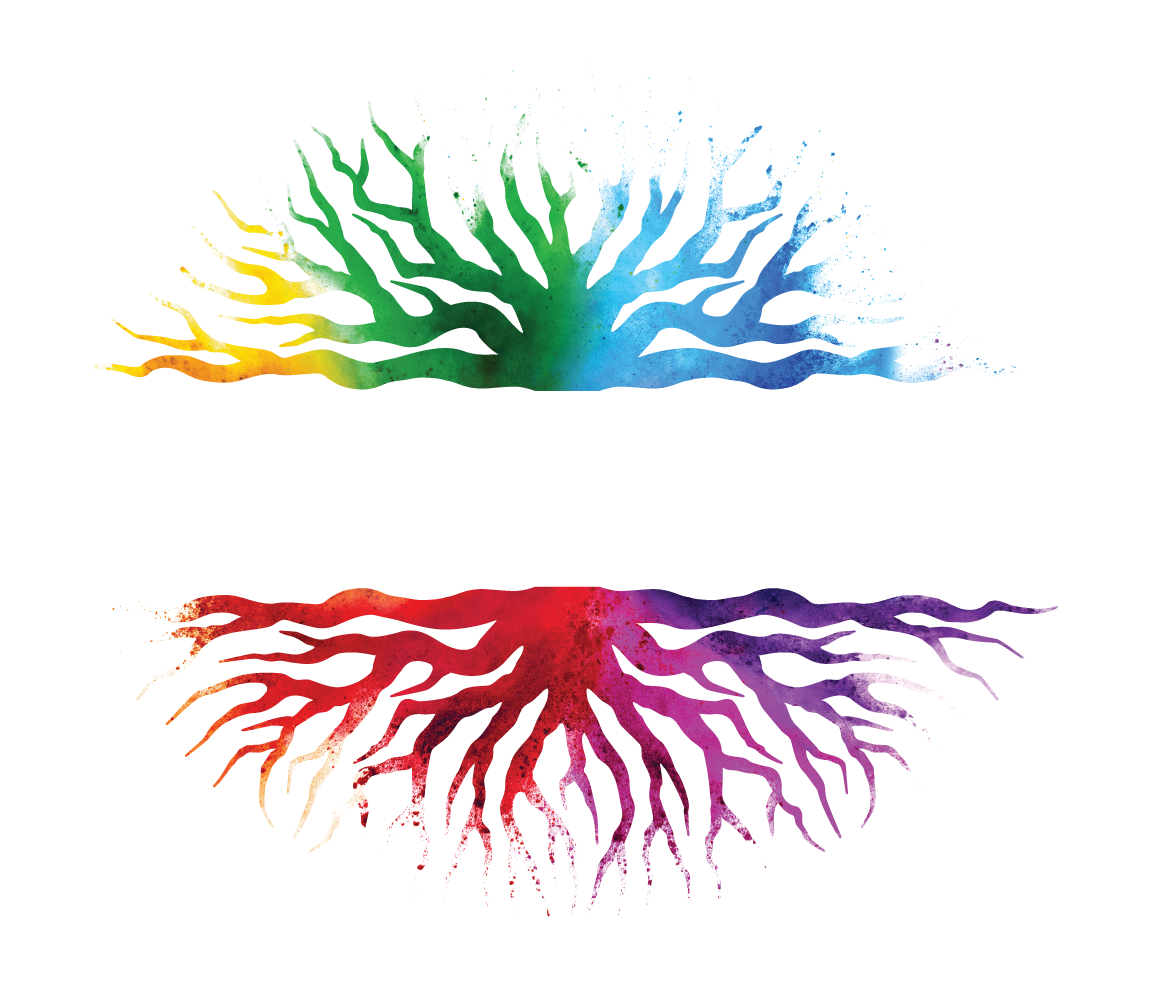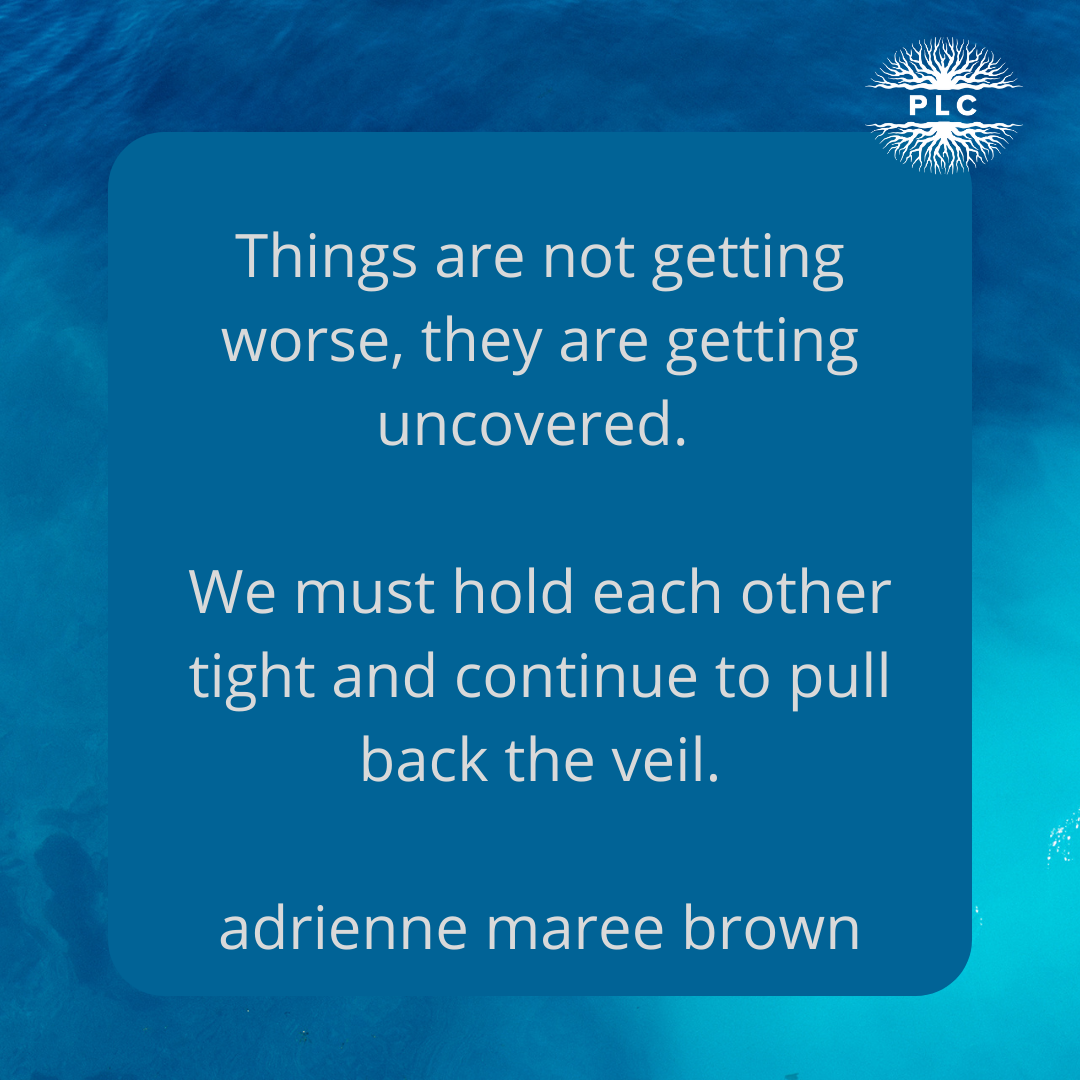Uncovering Abuse in Psychedelics
CW: sexual abuse in psychedelic therapy
We at Psychedelic Liberation Collective denounce the ethical transgressions of both therapists in the MAPS clinical trial MDMA sessions of former study participant Meaghan Buisson, as well as the complicity of MAPS reviewers who initially deemed the sessions to be ethical. Although MAPS recently reopened investigation and reported the ethical violation to the FDA, (see Statement: Public Announcement of Ethical Violation by Former MAPS-Sponsored Investigators), if reviewers of the 2015 treatment sessions had responded to the unethical conduct that took place within the sessions, further harm could have been prevented. Richard Yensen went on to have an intimate relationship with Ms. Buisson, a violation of ethical codes prohibiting sexual relationship with clients, that Yensen’s co-investigator and wife Donna Dryer covered up.
Despite clear ethical guidelines prohibiting sexual relationship with clients, these violations are known to occur within the field of psychotherapy at large. While it is difficult to ascertain precisely how often sexual violations occur, data from multiple studies found that 7% of male psychotherapists and 1.5% of female providers have had sex with at least one client (note that this research is limited in referring only to binary and presumably cisgender therapists).(1) In anonymous surveys, 5-6% of therapists self-reported having at least one sexual relationship with a client during the course of their career.(2) Another study found that 80% of therapists who have crossed this line report having had intimate relationships with multiple clients.(3) Sexual misconduct with adult clients represent 29% of ethical complaints filed with the APA.(4)
The disturbing frequency of ethical violations of a sexual nature within the therapeutic relationship is of even graver concern when altered states of consciousness are introduced. Psychedelic-assisted therapy creates a setting of increased vulnerability on the part of the client, and as such even greater care must be taken to protect clients from therapy abuse.
In September 2021, allegations published by Will Hall against Francoise Bourzat and Aharon Grossbard brought the problem of sexual misconduct in the field of psychedelic therapy to light once again. These accusations of wrongdoing were later corroborated by several additional former clients of Bourzat and Grossbard. As Hall, Buisson, and numerous other survivors and activists in the psychedelic space have reported, these instances are all too common, as are attempts to suppress, deny, and cover up abuse. We stand in solidarity with Hall, Buisson, and all survivors.
It is crucial that the psychedelic community attend to the impacts of harm and develop systems for prevention, survivor-centered care, and accountability. A growing critical mass of leaders in the field are committed to the creation and upholding of systems grounded in principles of Restorative Justice. We at PLC advocate for robust and comprehensive ethical standards and practices for prevention within the psychedelic space, such as are being developed by the American Psychedelic Practitioners Association and will be implemented through the Board of Psychedelic Medicine and Therapies. We also applaud efforts being undertaken by culture workers to educate and train practitioners of psychedelic medicine to shift the collective zeitgeist. We believe that all systems of supremacy and dominance — white supremacy, patriarchal rape culture, anti-Blackness, homophobia and transphobia, ableism, human supremacy — underpin harm in its myriad forms. We commit to continuing the work of dismantling these systems within ourselves and our communities.
References:
(1) Pope, K: Sex between therapists and clients, in Encyclopedia of Women and Gender: Sex Similarities and Differences and the Impact of Society on Gender, 1st edition. Edited by Judith Worell. London: Academic Press, 2001, pp 955– 62.
(2) McNulty N, Ogden J, Warren F. 'Neutralizing the patient': therapists' accounts of sexual boundary violations. Clin Psychol Psychother. 2013 May-Jun;20(3):189-98.
(3) Holroyd JC, Brodsky AM: Psychologists’ attitudes and practices regarding erotic and non-erotic physical contact with patients. Am Psychol 32:843–9, 1977.
(4) American Psychological Association. Report of the Ethics Committee, 1999. American Psychologist, 55(8), 938-945.
Resources:
Generation Five Transformative Justice Handbook
We Do This ‘Till We Free Us, Mariame Kaba
Beyond Survival: Stories from the Transformative Justice Movement, Ejeris Dixon & Leah Lakshmi Piepzna-Samarasinha
Harm, Punishment and Abolition with Mariame Kaba, Finding Our Way Podcast Prentis Hemphill
We Will Not Cancel Us: And Other Dreams of Transformative Justice, adrienne maree brown
Psychedelic Survivors website and Fundraiser to support survivors
Addressing Abuse and Repair: an Open Letter to the Psychedelic Community

